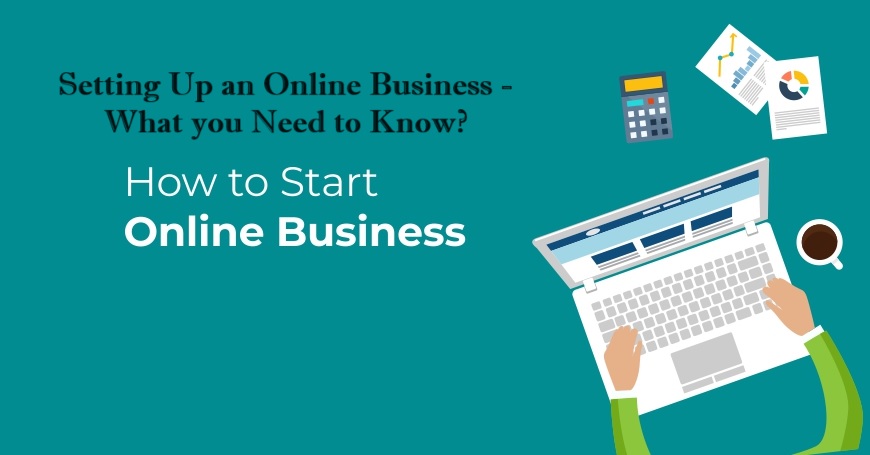The World Wide Web was a game-changer in many ways, an information highway for zeros and one that sends data worldwide at the speed of light. Fast forward to today, and setting up an online business has never been easier.
How to Start Up an Online Business? Choosing an industry
The first thing to do is decide what type of online business you will move into. Choosing a field you have experience in will help you navigate the business arena, while some entrepreneurs turn their passion into a business.
Here are a few ideas:-
- E-commerce
- Online brokerage
- Tuition/instruction
- Marketplace
- Consultancy
- Trading
If, for example, you have connections in the tourism sector, you can use a tour operator website builder to create a digital platform from which to launch your business.
Write a Business Plan
Once you have chosen a sector that you think offers the most potential, you need to crunch the numbers to see if it has sufficient profit for your business. If there is, you must start building a business plan, which should cover the following aspects of the enterprise.
- An overview of the business (including concept)
- Start-up costs
- Running costs
- List of company assets
- Digital marketing section – A detailed account of how the business will reach target groups.
- Organization flowchart – To detail who is responsible for what.
This is the most important document, as your business plan will guide sustained growth. A good business plan would be 15-30 pages in length, and when you think you have covered everything, hand the document to a business guru, and if there are underlying issues, he or she will find them.
IT needs
Setting up an online business means you have specific IT needs; you must:
- Build a website
- Host the website
- Administer the website
- Create secure digital payment gateways
A single provider can design, build, and host your website; you can hire a webmaster if you cannot manage the site. Your website must be secure (URL https); the ‘s’ signifies the site is ‘secure’; this involves acquiring SSL certificates, bringing your clients peace of mind.
Cyber-security
Every website is at risk of hacking, and as a business owner, it is your responsibility to minimize the risk of cyber-attacks. There are many ways hackers work; one technique is known as ransom malware, where a hacker infects your computer and locks a section of critical data, which can only be unlocked by paying a ransom into an anonymous Bitcoin account. Talk to a local managed IT services provider about cyber-security; they can protect your data 24/7.
Digital Marketing
Do not make the mistake of thinking that you can get by without digital marketing; a few friends sharing your Facebook page isn’t going to get your message out there. When you approach a digital marketing agency, they carry out a detailed online audit of your business (a free service), enabling the team to put together a dynamic digital marketing plan.
This would include social media and SEO (search engine optimization). With an ongoing digital marketing budget, you will see a lot of web traffic as users are directed to your landing page. If your business provides services to your local community, social media marketing is the best digital platform to market your business. A team of social media marketers can take control of your accounts, create quality content, and post daily, responding to real-time comments.
Digital verification
The online consumer understands the value of independent reviews when buying a product or hiring a service; you should register with Google Reviews. If you are customer-focused, it won’t be long before you have 4.9 stars. There are numerous independent review organizations, and by publishing your customer testimonials and comments, potential customers will have peace of mind. Whatever sector you choose, you need to register the business with the Australian government, which is a straightforward online process.
